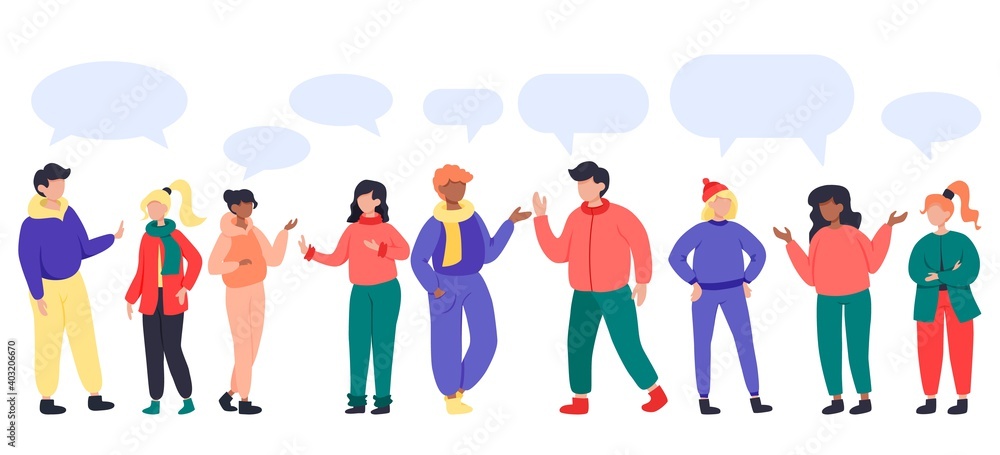To sound more natural and fluent in English, it helps to learn the idiomatic expressions and casual phrases that native speakers use in everyday conversations. Here are some commonly used phrases.

Casual Greetings and Small Talk
- Hey/Hi there!: Informal greetings.
- How’s everything?: Asking about someone’s general well-being.
- What’s new?: Inquiring about recent events in someone’s life.
- Long time no see!: Used when you haven’t seen someone in a while.
- How have you been?: Asking about someone’s well-being over a period of time.
Expressions of Surprise and Enthusiasm
- No way!: Expressing disbelief or surprise.
- You’re kidding!/You’ve got to be kidding!: Expressing disbelief.
- That’s awesome!/That’s amazing!: Expressing excitement or admiration.
- Really? That’s interesting!: Showing interest or surprise.
Expressions of Agreement and Understanding
- Exactly!: Strong agreement.
- I couldn’t agree more: Total agreement.
- You’re right: Agreeing with someone.
- Got it/Gotcha: Indicating understanding.
- I see what you mean: Showing understanding.
- Expressions of Disagreement and Uncertainty
- I’m not sure about that: Politely disagreeing.
- I don’t think so: Disagreement.
- That doesn’t make sense to me: Expressing confusion or disagreement.
- I’m not convinced: Expressing doubt.
Incorporating these phrases into your conversations can help you sound more like a native speaker and make your interactions smoother and more natural. Practice using them in context to become more comfortable with their usage.